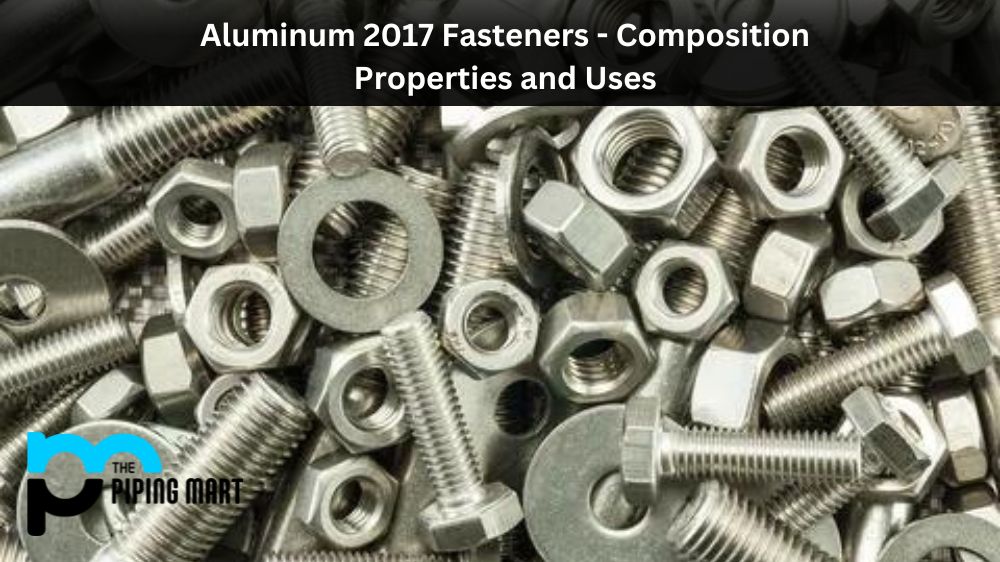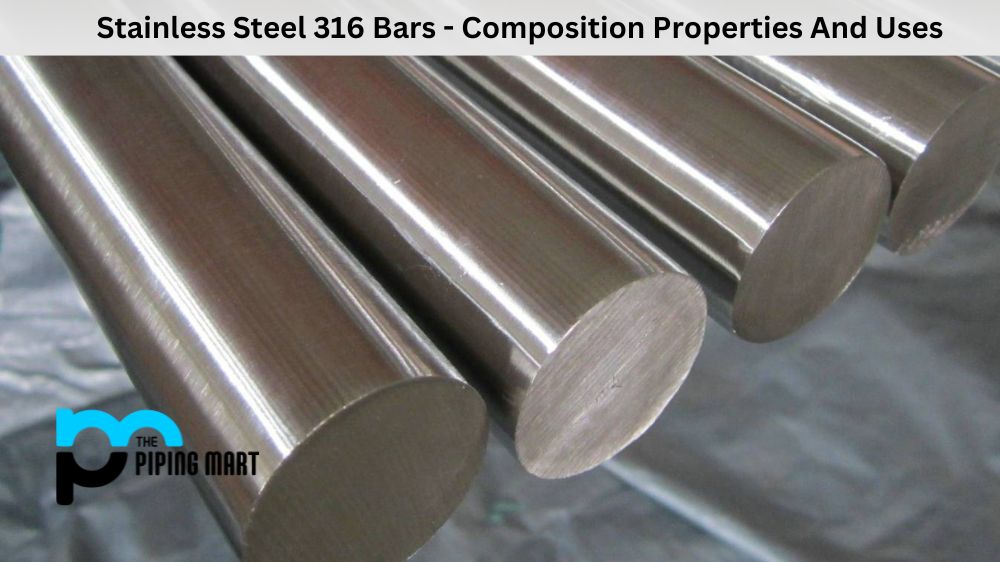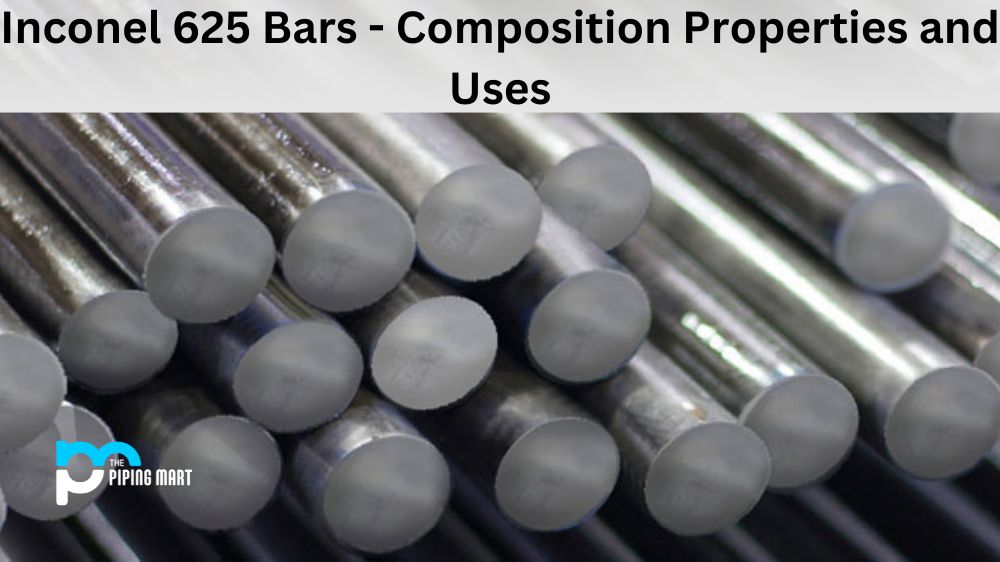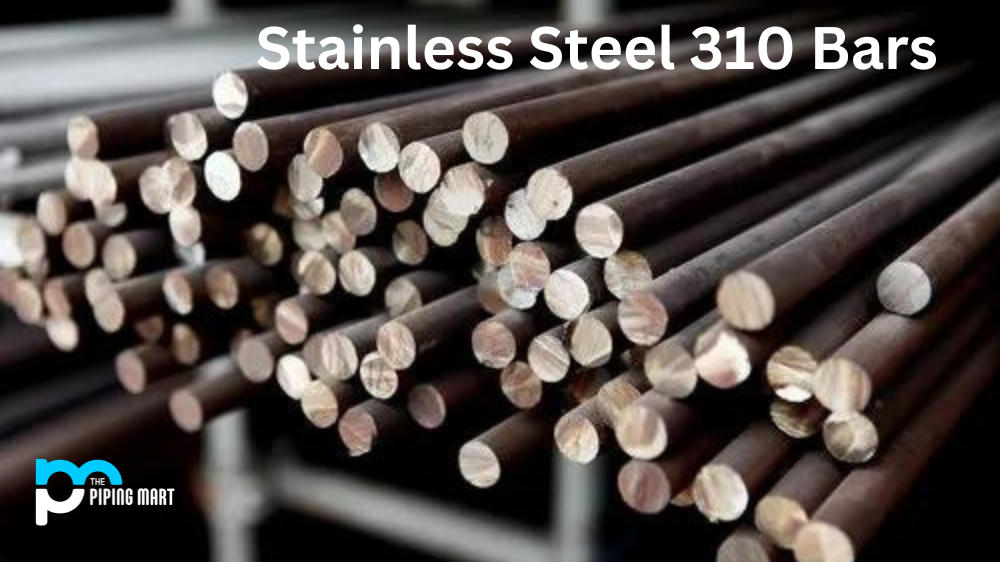Aluminum 2017 is widely used in manufacturing because of its excellent machinability and high strength. One of its most popular applications is fasteners, which combine two or more components. In this blog post, we’ll be diving into the composition, physical and mechanical properties, uses, heat treatment, and corrosion resistance of Aluminum 2017 fasteners so that you can comprehensively understand this material.
What is Aluminum 2017 Fastener?
Al 2017 fasteners are strong and lightweight metal components made from aluminum alloyed with copper, magnesium, manganese, zinc and other elements. These are used in aerospace applications due to their superior corrosion-resistant properties while providing the strength needed for structural applications.
Aluminum 2017 Fasteners Composition
2017 Aluminum fastener is an alloy comprising mainly aluminum, copper, and magnesium. The exact composition can vary depending on the specific manufacturer, but generally, the alloy contains around 4.0-5.0% copper and 0.4-0.8% magnesium. This composition gives Aluminum 2017 fasteners excellent strength and corrosion resistance.
Aluminum 2017 Fasteners Physical Properties
2017 Al fasteners have a relatively low density of 2.81 g/cm³ and a melting point of around 560°C. The material also has good thermal and electrical conductivity, which makes it an excellent choice for electrical components. In terms of its appearance, Aluminum 2017 has a silver-grey color and a smooth surface finish.
Aluminum 2017 Fasteners Mechanical Properties
UNS A92017 fasteners have high tensile and yield strength, making them ideal for applications with strong and durable fasteners. The yield strength of Aluminum 2017 is approximately 490 MPa, and the ultimate tensile strength is around 540 MPa. The alloy also has good fatigue resistance, which means it can withstand repeated loading and unloading without cracking or bending.
Aluminum 2017 Fasteners Uses
Aluminum alloy 2017 fasteners are used in various industrial applications where lightweight and strong fasteners are required. The most common applications include aircraft fittings, marine hardware, bolts, screws, and rivets. The material’s excellent corrosion resistance makes it suitable for use in corrosive environments, such as chemical plants or marine installations.
Aluminum 2017 Fasteners Heat Treatment
2017 Aluminum can be heat-treated to increase its strength and hardness. The process involves heating the material to a specific temperature range, holding it at that temperature for a set amount of time, and cooling it quickly (quenching) or slowly (ageing). The specific heat treatment process depends on the desired properties and the application of the material.
Aluminum 2017 Fasteners Corrosion Resistance
Aluminum 2017 alloy fasteners has excellent corrosion resistance thanks to its copper content. Copper makes the alloy more resistant to corrosion and also enhances its strength. The material’s corrosion resistance can be further improved by anodizing, which involves creating a layer of oxide on the material’s surface. Anodizing improves the material’s appearance, durability, and resistance to wear and tear.
Conclusion:
In summary, Aluminum 2017 fasteners are an excellent choice for industrial applications that require lightweight, strong, and corrosion-resistant fasteners. The alloy’s composition, physical and mechanical properties, uses, heat treatment, and corrosion resistance all contribute to its popularity in manufacturing. Understanding these factors can help you make an informed decision when choosing fasteners for your next project.

A passionate metal industry expert and blogger. With over 5 years of experience in the field, Palak brings a wealth of knowledge and insight to her writing. Whether discussing the latest trends in the metal industry or sharing tips, she is dedicated to helping others succeed in the metal industry.




